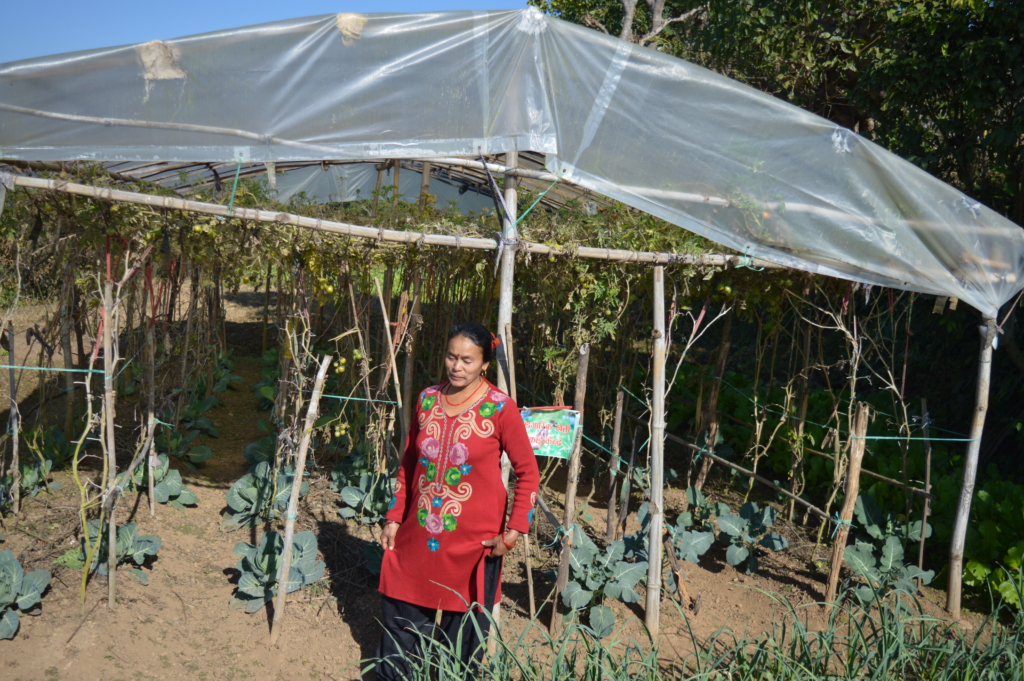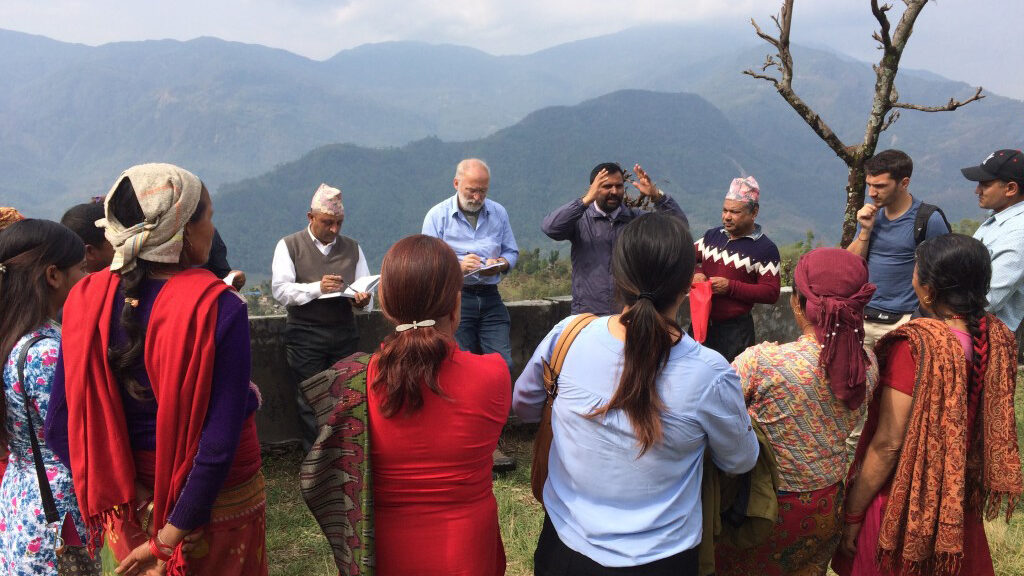Wildlife Conservation Nepal
Together with WIldlife Conservation Nepal, in 2024 we got the approval of a small development project "Partnership for Green Strategies to Combat Climate Change in Nepal". The project will run from April to September 2024 and will be implemented in Ratnanagar Municipality by Chitwan National Park. The project aims at increasing the knowledge of local residents and authorities about climate change, and engage them in local climate adaptation initiatives. The schools will be involved in drafting information material and arranging climate events at the local Eco Park, which will be tranformed into a learning area for students and visitors through the project. Furthermore, the project gives partners the opportunity to collect data and knowledge, that can be used to develop new projects.
CHILDREN-Nepal
We cooperate with the organization CHILDREN-Nepal to improve the livelihoods of Nepal's rural population. We have worked together since 2016 and in 2023 we have initiated our fourth common project funded by CISU's Civil Society Fund.
School gardens and practical learning as part of the programme (2023-2024)
With the project Food for thought – better nutrition for children and youth we continue our work with CHILDREN-Nepal in rural areas to pass on some of the good practices we have built together during the last projects. In this project, we work with 8 schools to establish school gardens and to train students and teachers in the application of organic and climate friendly cultivation techniques. The parents of the students are also introduced to the school gardens and receive training on gardening techniques in their villages. The project aims at increasing the local production of vegerables and at improving the nutrition of children and youth through healthier school meals. Moreover, the project focuses on making the local governments aware of the possibility to adapt the school programme to the local context and include important subjects as environment, climate, and sustainable agriculture, therby creating practical learning opportunities in the schools.

Improved conditions for women and marginalised groups (2022-2023)
On the back of our succesful project Enhancing rural livelihoods project in Nepal we got the chance to build further our good cooperation with CHILDREN-Nepal, in the local communities of Phallapani, Lewade, and Gunjara. In our previous project we had succeeded to convert part of the agricultural sector to organic farming, and to establish a higher degree of self-sufficency. Nevertheless, we failed in involving the most marginalised groups in our initiative. The evaluation of the project showed that 62.2% of the local residents were still trapped within the borders of poverty. Although this represents a decrease from the initial 77.4%, there is still lots of work to be done.

Therefore, our goal with this project was to strengthe n the participation of women, dalits (casteless), and other marginalised groups, and to train them and make them responsible for the marketing, branding, and promotion of the organic products produced in the villages. The cooperation also focused on making sure that the community and the organizations would become better in handling and empowering marginalised groups. The project generated good results and contributed to reducing violence and discrimination in the villages. By the end of the project, 99% of the target group had established a kitchen garden and 96% had increased their income by selling their organic products.
Improved livelihoods for local population in Nepal (2018-2022)
The project aimed at reducing poverty among families in rural areas by strengthening their capacity and abilities to conduct a sustainable livelihood and generate sustainable development locally. One of the goals of the project was also to increase the capacity of CHILDREN-Nepal in the field, as well as to strenthen the organization's network with other organizations working for sustainable development. Working together with the local residents, these organizations should be able to advocate for sustainable development, organic farming and the implementation of the government's Environmental Friendly Local Governance (EFLG) framework.

The project succeeded in establishing three organic agriculture cooperatives and in converting the target group's agriculture into organic farming. Local people obtained a great success with the production of organic vegetables, which increased both their income and self-sufficency. Through the training of the target group and advocacy, CN and the target group succeeded in influencing the local government in allocatimg funds to support the agriculture activities and projects related to drinking water in the villages.
